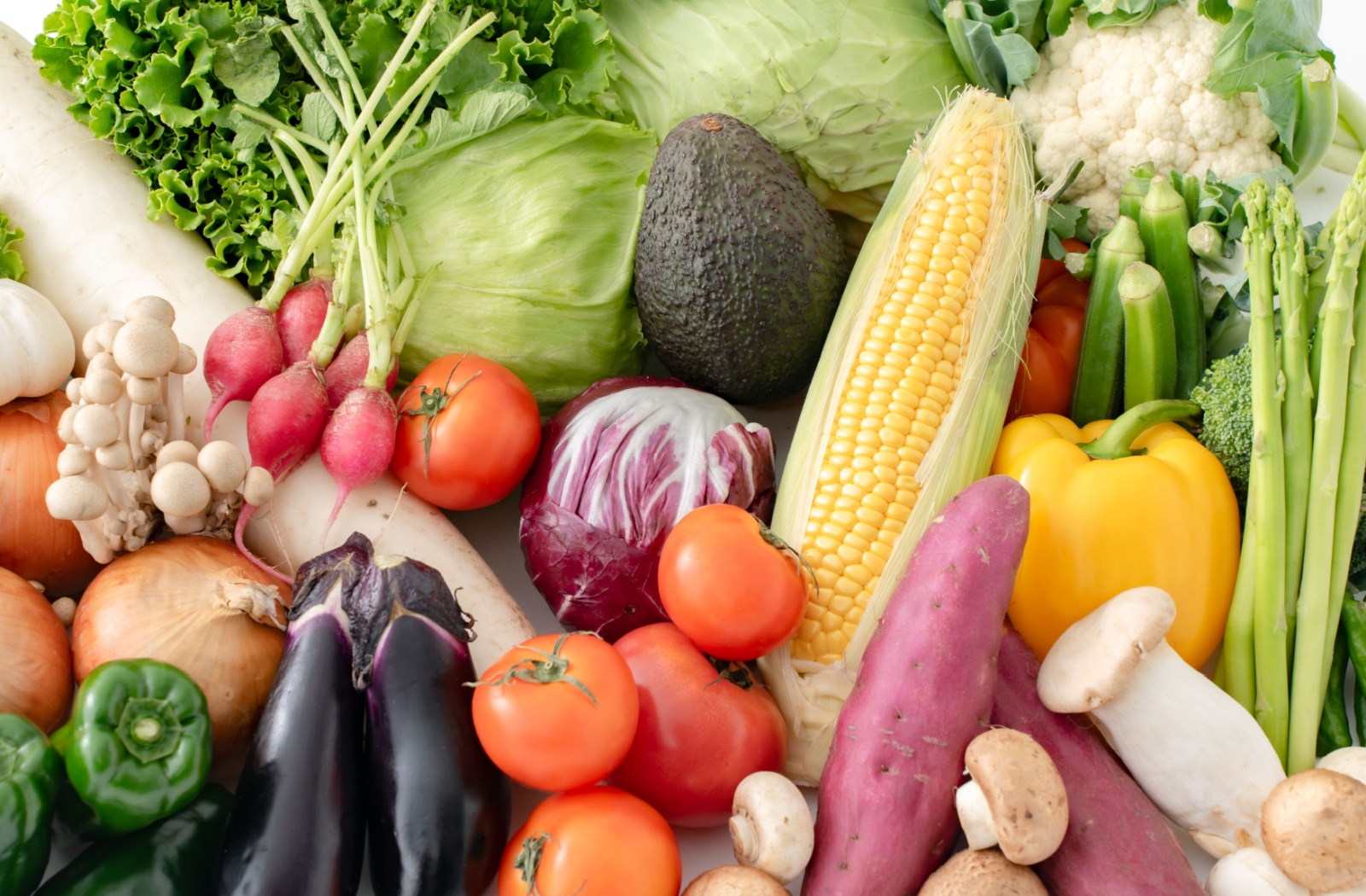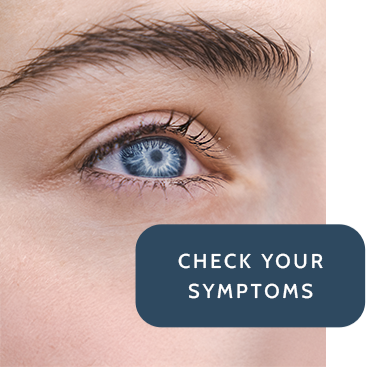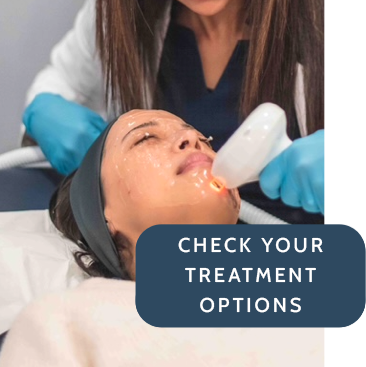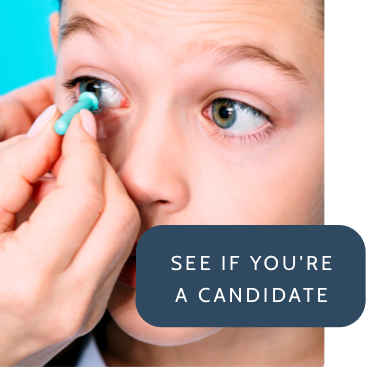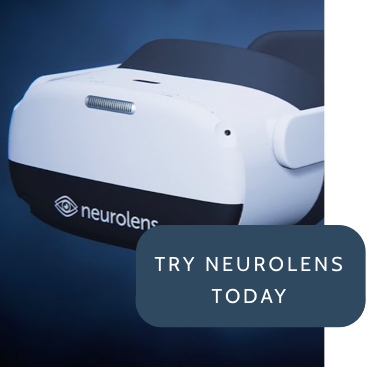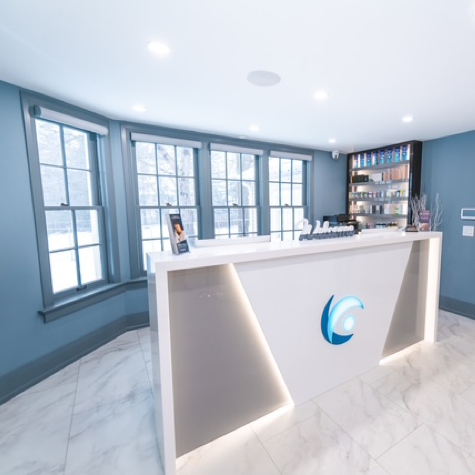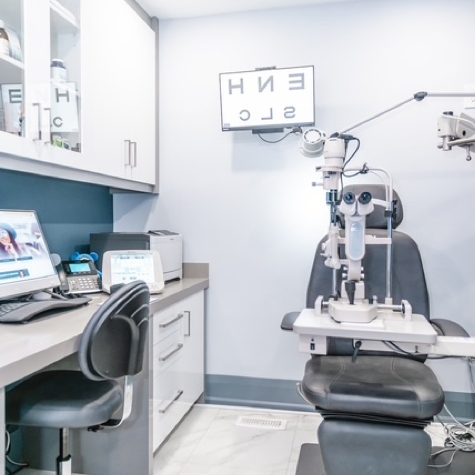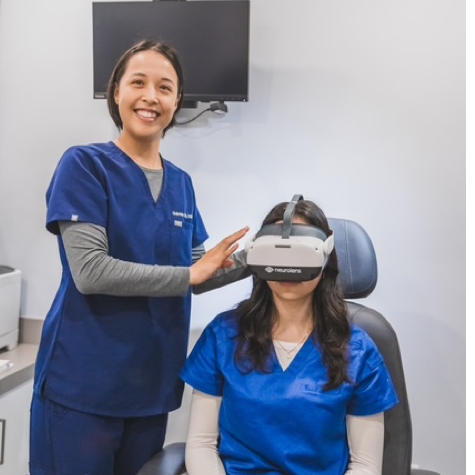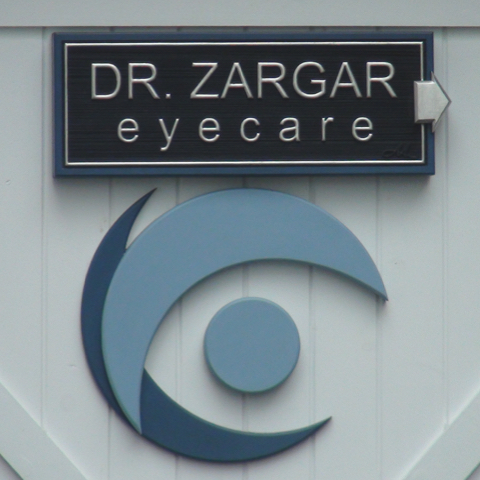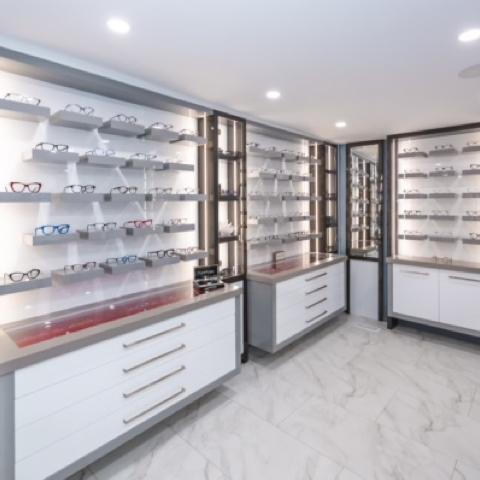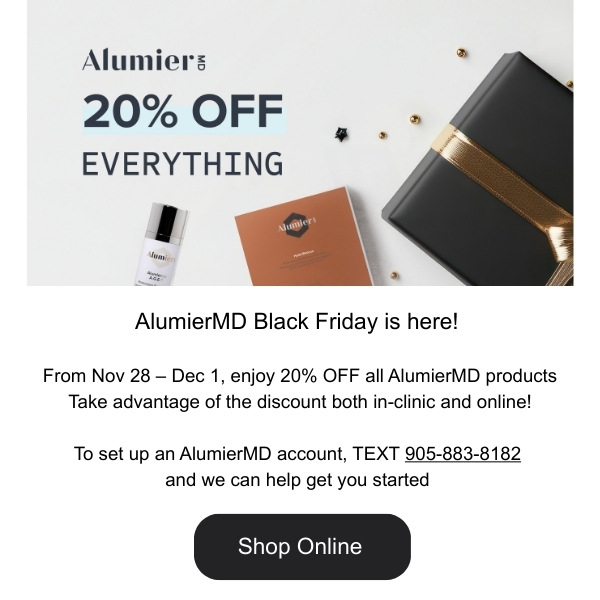You might think about how your diet affects your energy or overall health, but did you know it also plays a big role in your vision? What you eat can have a lasting impact on how well your eyes feel and function.
A diet filled with specific vitamins, antioxidants, and healthy fats can help support your eye health and promote clear, comfortable vision. By adding certain foods to your plate, you can provide your eyes with the nutrients they need to work well. This is a simple, proactive step you can take for your eye wellness, supported by regular comprehensive eye exams.
Your Plate & Your Eyesight: The Connection
The nutrients in your meals reach even the smallest, most delicate parts of your eyes. Eating a balanced diet supports every structure, from your retina to your tear film, so your eyes can stay strong and comfortable. This holistic view is a key part of what a comprehensive eye exam evaluates, ensuring your eyes function properly and stay comfortable.
Nutrition is just one piece of a holistic approach to eye care. What you eat can influence conditions like dry eye and help protect your vision over time. We can discuss how nutrition fits into your overall eye health plan at your next appointment.
Key Nutrients for Healthy Eyes
Vitamins A, C, & E
These vitamins act as powerful antioxidants that shield your eye cells from environmental damage. Vitamin A helps you see clearly in dim light, while vitamins C and E keep the tiny blood vessels in your eyes healthy and strong.
Lutein & Zeaxanthin
Your body naturally concentrates these two nutrients in the macula—the part of the retina responsible for your sharp, central vision. They act like an internal filter, helping to shield your eyes from certain light waves. These helpful nutrients are found in many colourful fruits and vegetables.
Omega-3 Fatty Acids
Omega-3s are a type of healthy fat that are a key component of your tear film’s oily layer, which is produced by the meibomian glands in your eyelids. This layer is important because it helps prevent your tears from evaporating too quickly. A healthy and stable tear film is essential for comfortable, clear vision and can reduce feelings of dryness.
Foods to Add to Your Meals
Leafy Greens & Colourful Vegetables
Leafy greens and colourful veggies are packed with eye-loving nutrients like lutein, zeaxanthin, and essential vitamins. Try to include a variety of colours on your plate, it’s a simple way to give your eyes the antioxidants they need.
- Spinach & kale
- Carrots & sweet potatoes
- Bell peppers (red, orange, and yellow)
- Broccoli
Try adding a handful of greens to your smoothies or bright vegetables to your dinners for an easy nutrition boost.
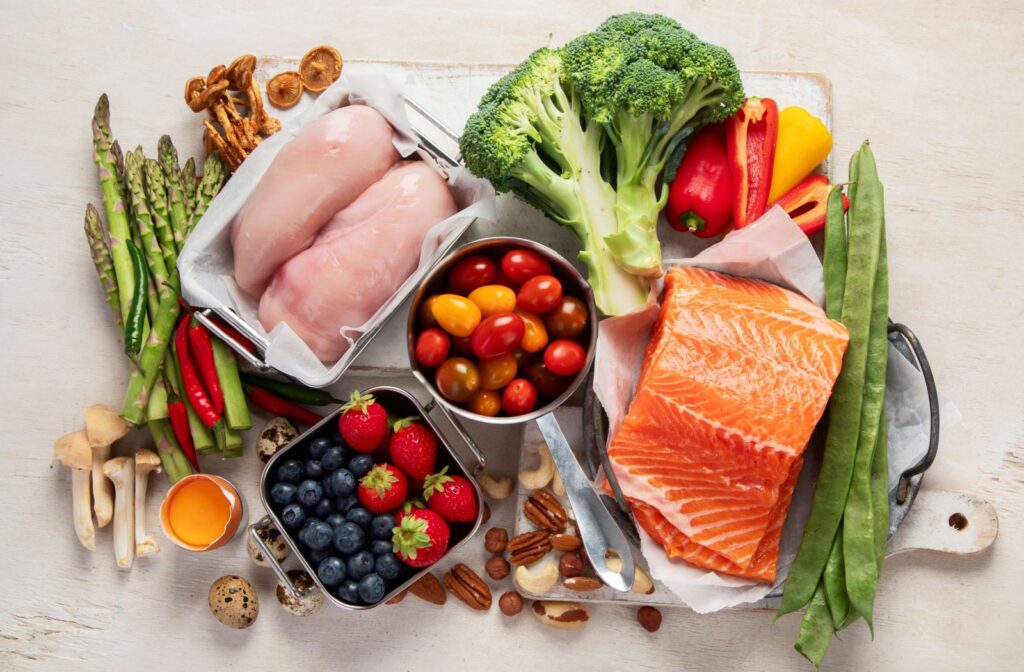
Oily Fish & Nuts
These foods are some of the best sources of Omega-3 fatty acids for dry eye. They support your retina’s health and can help with your eyes’ natural tear production. Adding them to your diet is a straightforward way to incorporate more healthy fats.
- Salmon & tuna
- Walnuts & almonds
- Flax seeds & chia seeds
If you find it challenging to get enough Omega-3s from food alone, supplements can be an excellent way to support your eye comfort and tear quality. At Dr. Zargar Eyecare, we carry PRN Omega-3 supplements for both adults and kids. PRN is a clinically trusted brand that’s been performing well for our patients, offering high-quality, pure Omega-3s to support healthy vision and comfortable eyes for the whole family.
Citrus Fruits & Berries
Rich in Vitamin C, these foods help support the collagen in your cornea and the health of blood vessels in your eyes. This vitamin is a powerful antioxidant that contributes to overall eye wellness. You can easily add them to your breakfast or enjoy them as a snack throughout the day.
- Oranges & grapefruits
- Strawberries & blueberries
- Kiwi
How Your Diet Connects to Dry Eye
What you eat can play a big part in how your eyes feel. Omega-3s, for example, help keep your tear film stable, reducing the discomfort and irritation that come with dry eye. A diet rich in these healthy fats supports your eyes’ natural moisture and comfort.
On the flip side, too many processed foods or added sugars can trigger inflammation, which may worsen dry eye symptoms. If you struggle with dry eye, our Richmond Hill optometrist can help uncover the cause and create a personalized treatment plan to bring you relief.
If you recognize the common signs of dry eye below, it might be time to discuss them with a professional:
- A scratchy or gritty feeling
- Redness or irritation
- Watery eyes
- Blurry vision that comes and goes
A Complete Approach to Your Vision Care
Eating well is a great way to protect your vision, but it’s only one part of the picture. Regular, comprehensive eye exams are important for monitoring your eye health over time. These exams allow us to get a clear view of your eyes and check for any changes.
During your appointment, we look at your vision and the overall health of your eyes. We can also discuss how your lifestyle, including your diet, fits into your complete eye care plan. A Richmond Hill optometrist takes a holistic view to help you maintain clear and comfortable vision for years to come.
At Dr. Zargar Eyecare, we take a proactive, personalized approach to your family’s vision. From nutrition guidance to advanced eye care, we’re here to help you see—and feel—your best.
Book your comprehensive eye exam today to take the next step toward lifelong eye health.

